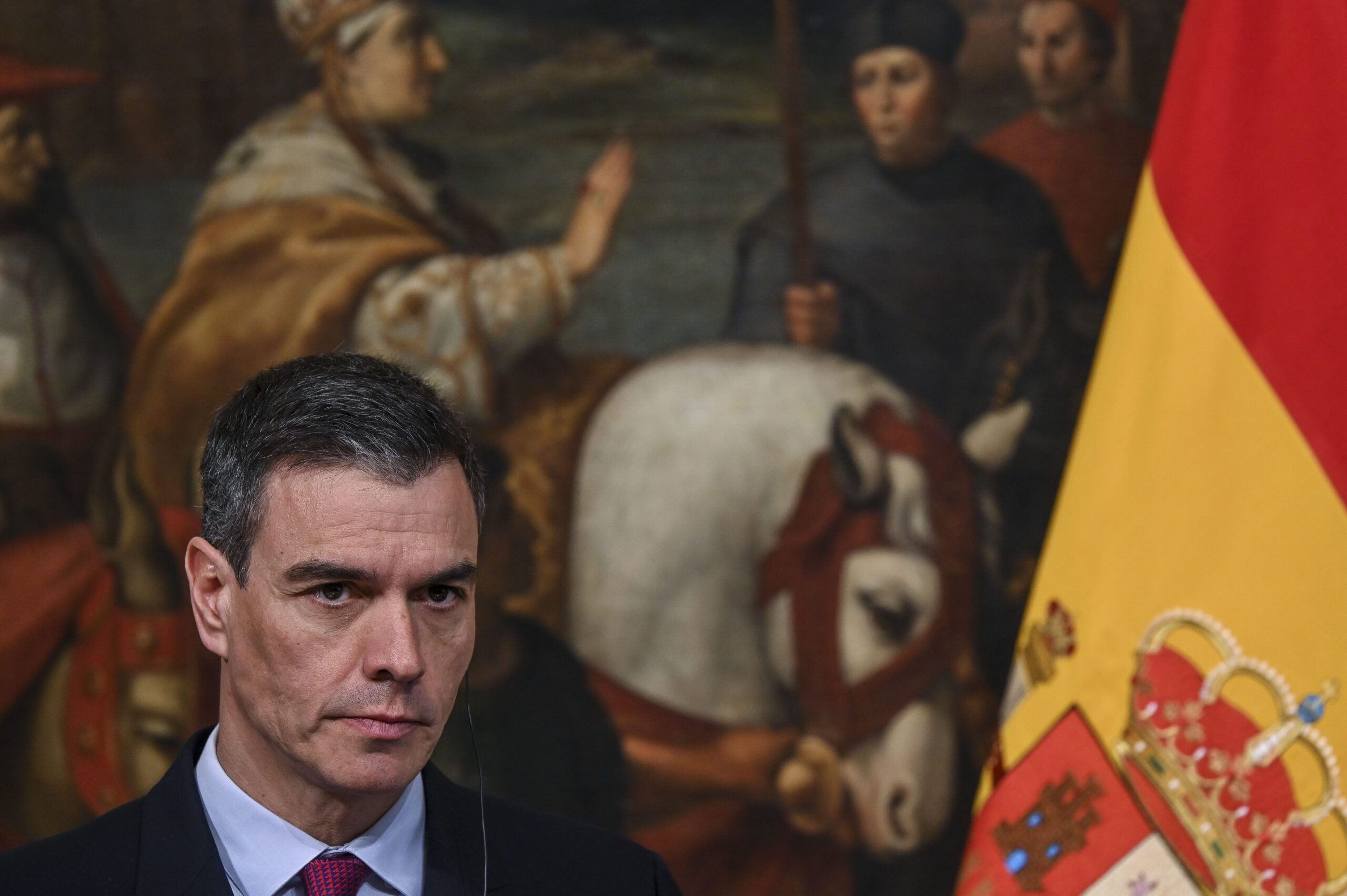After Spain, will Europe also veer to the right? Analyses

The early elections called by Sanchez after his defeat in the administrative elections suggest a victory for the centre-right in Spain. The vote could have major repercussions for the entire European Union. Here because
The local elections held in Spain last weekend were won virtually everywhere by the centre-right Popular Party, with a better-than-expected result. For the centre-left Socialist Workers' Party, the defeat was clear and led the head of government, Pedro Sánchez, to call early elections: they will be held on 23 July instead of December, and it is already thought that the leadership of the country will pass to Alberto Núñez Feijóo's People's Party.
Sánchez said the election results "suggest that the Spaniards should clarify which political forces they want to take the lead"; he added that early elections are necessary for the population to "take the floor and define the political direction of the country".
THE CENTER-RIGHT WINS IN THE SOCIALIST STRONGHOLDS
As summarized by the geopolitical magazine Limes , the People's Party has won "in former socialist strongholds" such as Seville, Valencia, Aragon and La Rioja, and also in big cities such as Madrid. "The only exception was Barcelona, where the pro-independence party won which, however, given the limited margin of advantage, will need an agreement with the socialists to govern".
Speaking of Barcelona and Catalan independence, the Spanish writer Javier Cercas explained to La Repubblica that “Sánchez did things that an important part of the Socialist Party did not see favorably. An example is that of Catalonia: not because it has conducted a policy of reconciliation, which brings everyone together, but because of how it has achieved it. The fact of revising the penal code by modifying the crimes of embezzlement and sedition to favor convicted pro-independence politicians has caused deep discontent".
SÁNCHEZ'S MOVE
While the People's Party won most of Spain's cities voted on last Sunday, it has generally failed to secure an outright majority and will therefore have to rely on external forces such as Vox, a far-right party, to govern.
This is precisely why Sánchez has called snap elections: to play on moderate fears that a victory for the Popular Party nationwide would open the door for the far right to attract their votes and gain strength. As POLITICO points out, it is the same strategy used last year by Portugal's Prime Minister António Costa, and which effectively allowed him to obtain an absolute majority in parliament. However, it is not said that the Portuguese example can be replicated in Spain, where the fear of the far right has so far not translated into greater consensus for the centre-left, but for the People's Party which – as Cercas points out – has been able to attract the electors of the centrist party -liberal Ciudadanos.
THE IMPACT OF THE ELECTIONS IN SPAIN ON EUROPE
“Spain's political chaos could not have come at a worse time for the European Union,” wrote Bloomberg . The early elections will in fact be held a few weeks after the country assumes the rotating presidency of the Council of the European Union on 1 July. It is very probable, therefore, that Spain will focus almost all attention on its domestic policy rather than on that of the Community for at least the first month of its presidency. And it is also possible that the semester of presidency will begin with one leader (Sánchez) and end with another (Núñez Feijóo of the People's Party), with further slowdowns and distractions given by the transition phase.
Moreover, it is an important semester, because – as ISPI notes – it is “the last semester of full presidency before next year's European elections”. In the coming months, the European authorities will try to finalize the most important measures, such as the reform of the EU electricity market, the Stability Pact or the plan for the ecological transition. In short, the internal problems of the country that holds the presidency of the Council could slow down – or block, in the worst case – important legislation close to the end of the legislative process.
This is a machine translation from Italian language of a post published on Start Magazine at the URL https://www.startmag.it/mondo/spagna-elezioni-amministrative-conseguenze-europa/ on Tue, 30 May 2023 08:00:35 +0000.
